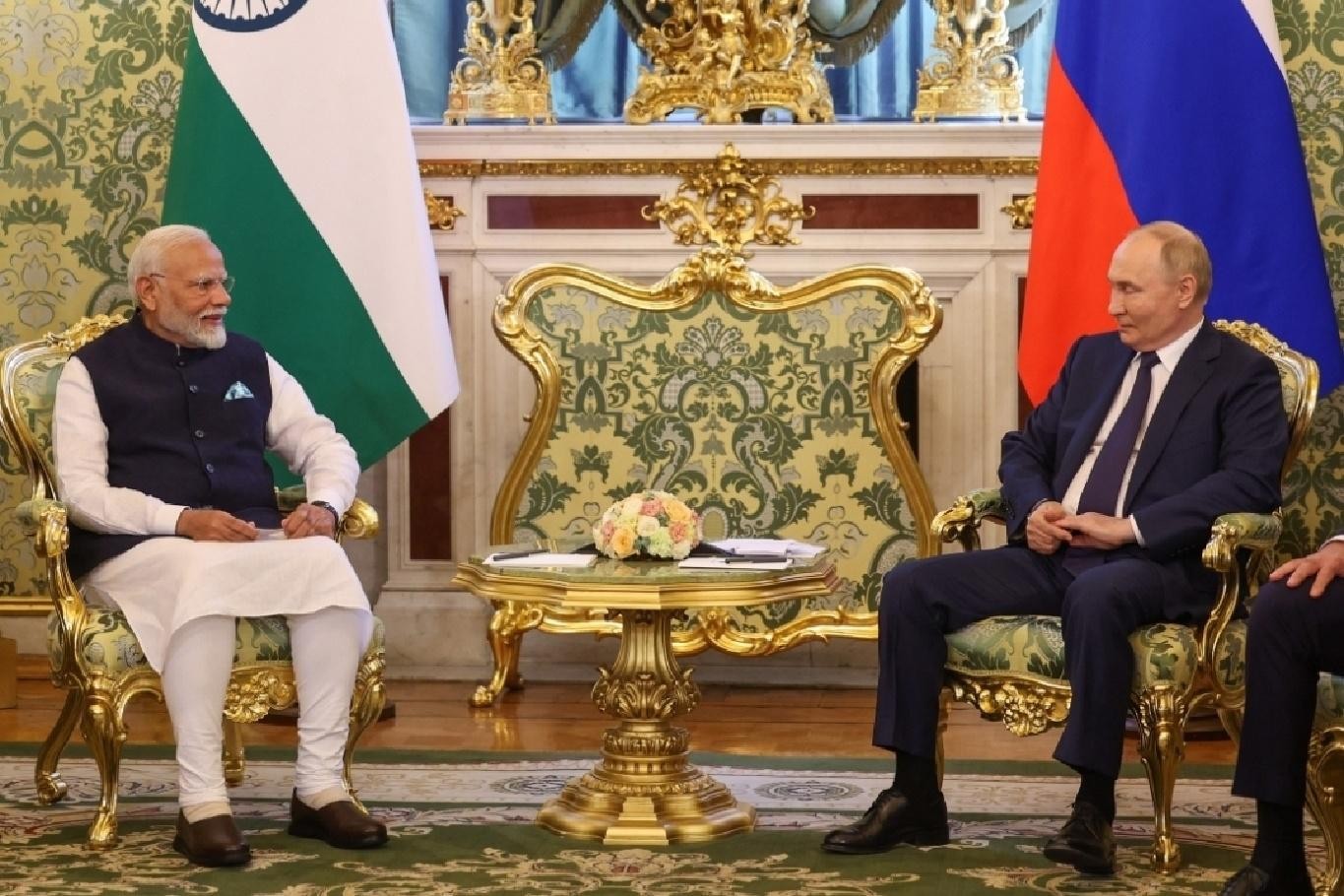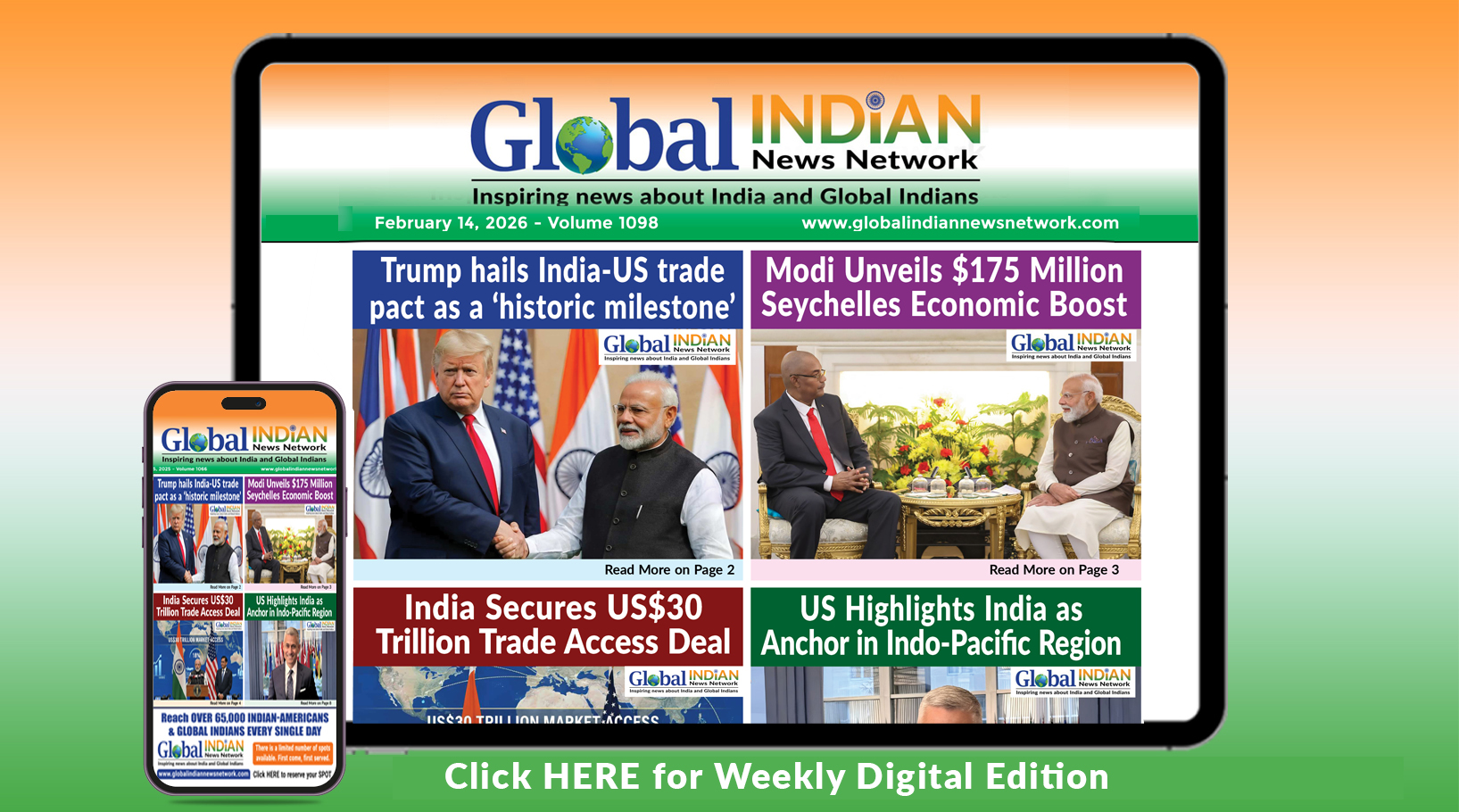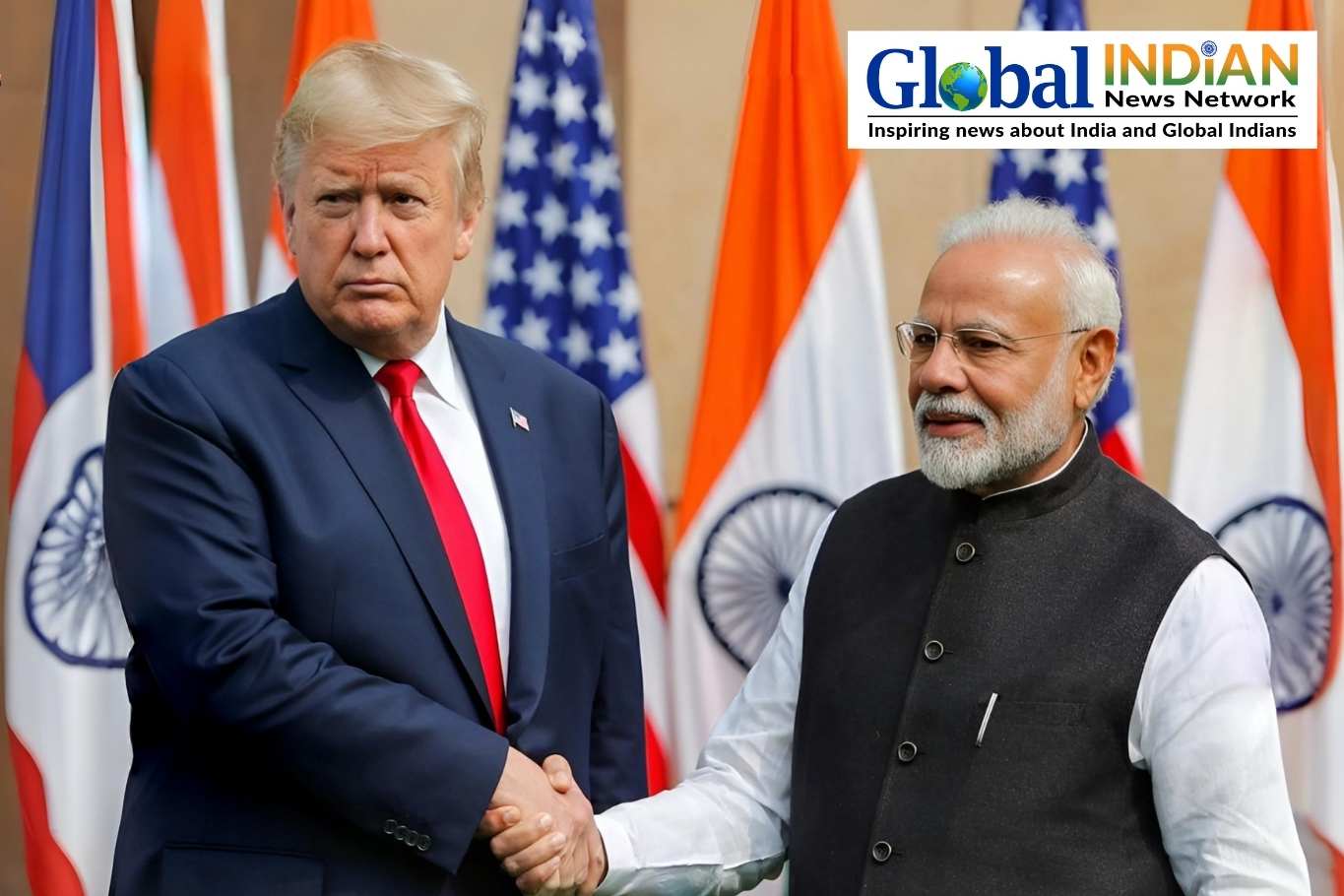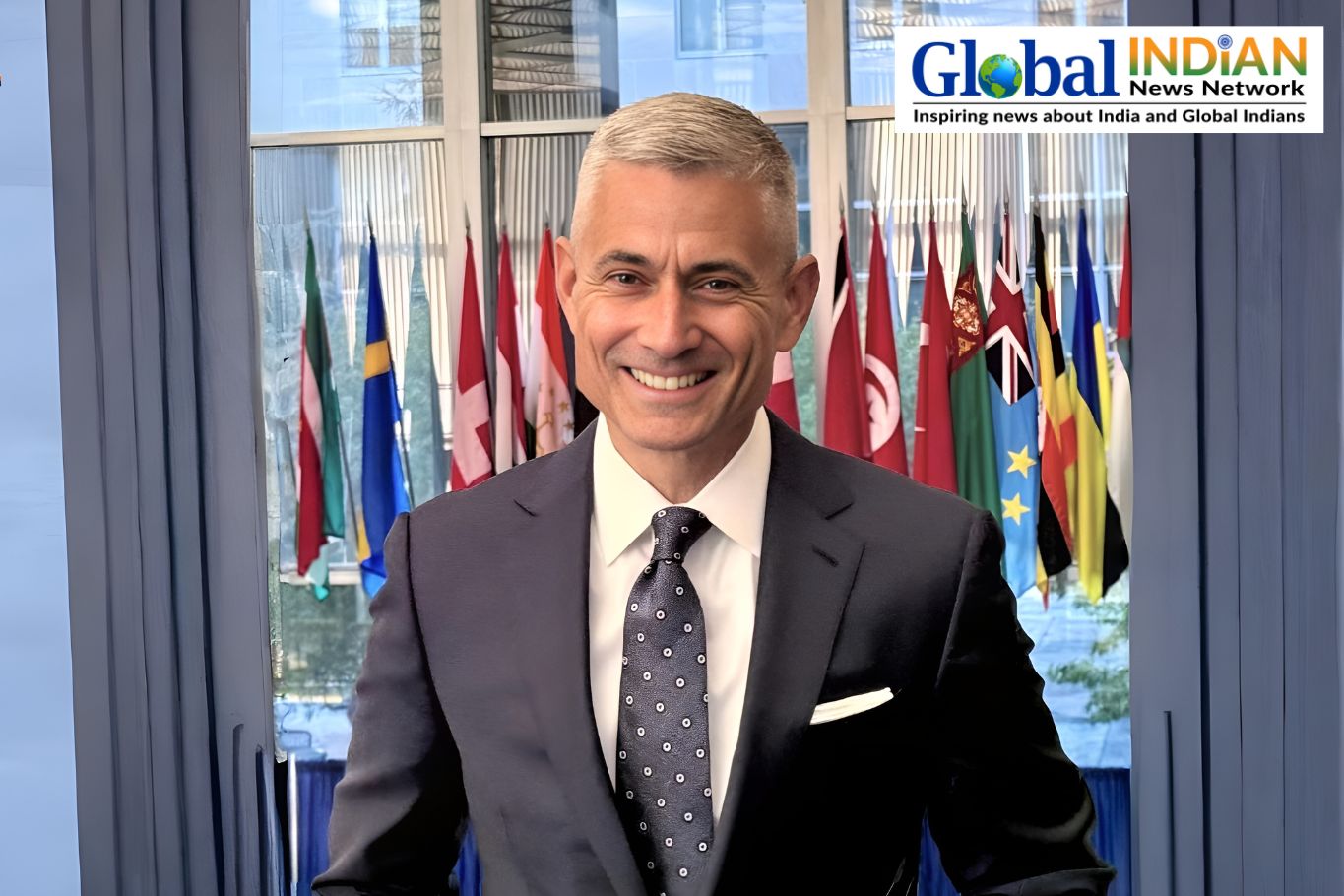
During a summit with Russian President Vladimir Putin, Indian Prime Minister Narendra Modi expressed his deep sorrow and horror over the deaths of innocent children, which occurred following a devastating attack on a children’s hospital in Kyiv. Modi’s choice of words served as an implicit reproach towards Putin during a meeting meant to highlight the growing cooperation between their nations.
As Modi concluded his two-day visit, the two countries outlined nine key areas for enhanced collaboration, including nuclear energy and medicine, with a goal to increase bilateral trade to $100 billion by 2030. However, Modi’s televised remarks were notable, given that Putin has seldom faced direct public criticism from leaders of nations considered friendly by Russia.
Modi stated, “Whether it is war, conflict, or a terrorist attack, any person who believes in humanity is pained when there is a loss of lives. But even more so, when innocent children are killed, the heart bleeds, and that pain is very terrifying.” Ukraine reported that fragments of a Russian Kh-101 cruise missile were found at the Kyiv children’s hospital hit by Monday’s Russian attacks, which resulted in the deaths of 44 Ukrainians, including four children. The hospital incident itself claimed the lives of two adults and injured about 50 people, including eight children, according to Interfax Ukraine. Russia, without evidence, claimed that a Ukrainian anti-missile system was responsible for the hospital strike.
This is not the first time Modi has indirectly criticized Russia’s actions in Ukraine; he previously told Putin in September 2022 that “today’s era is not an era of war.” Despite this, India has not condemned Russia’s invasion and has capitalized on buying discounted Russian oil amid Western sanctions. Indian Foreign Secretary Vinay Mohan Kwatra, accompanying Modi, stated that India seeks to strengthen energy ties with Russia and may pursue deals with major Russian oil companies. They also discussed increasing Russian coal sales to India and collaborating on developing the Northern Sea Route and space exploration.
For Russia, India has become an essential economic and diplomatic partner, especially as Moscow tries to counteract Western isolation efforts. Putin highlighted the “particularly privileged strategic partnership” between the two nations and expressed appreciation for India’s attention to resolving the Ukrainian crisis peacefully. Modi reiterated that solutions are not possible through conflict and that peace can only be achieved through dialogue.
The timing of the Kyiv hospital attack posed a diplomatic challenge for Modi as he commenced his visit. Ukrainian President Volodymyr Zelenskiy criticized Modi for embracing Putin amidst the ongoing conflict, calling it a “devastating blow to peace efforts.” The U.S. State Department also expressed concerns over India’s relationship with Russia. Despite Russia’s claims of targeting military objectives and not civilians, the attack underscored the brutal realities of the conflict, prompting international condemnation. Swasti Rao, a Eurasia expert at the Institute for Defence Studies and Analyses, suggested that Modi’s stance was aimed at positioning India as a credible mediator and reaffirming its opposition to violence.









